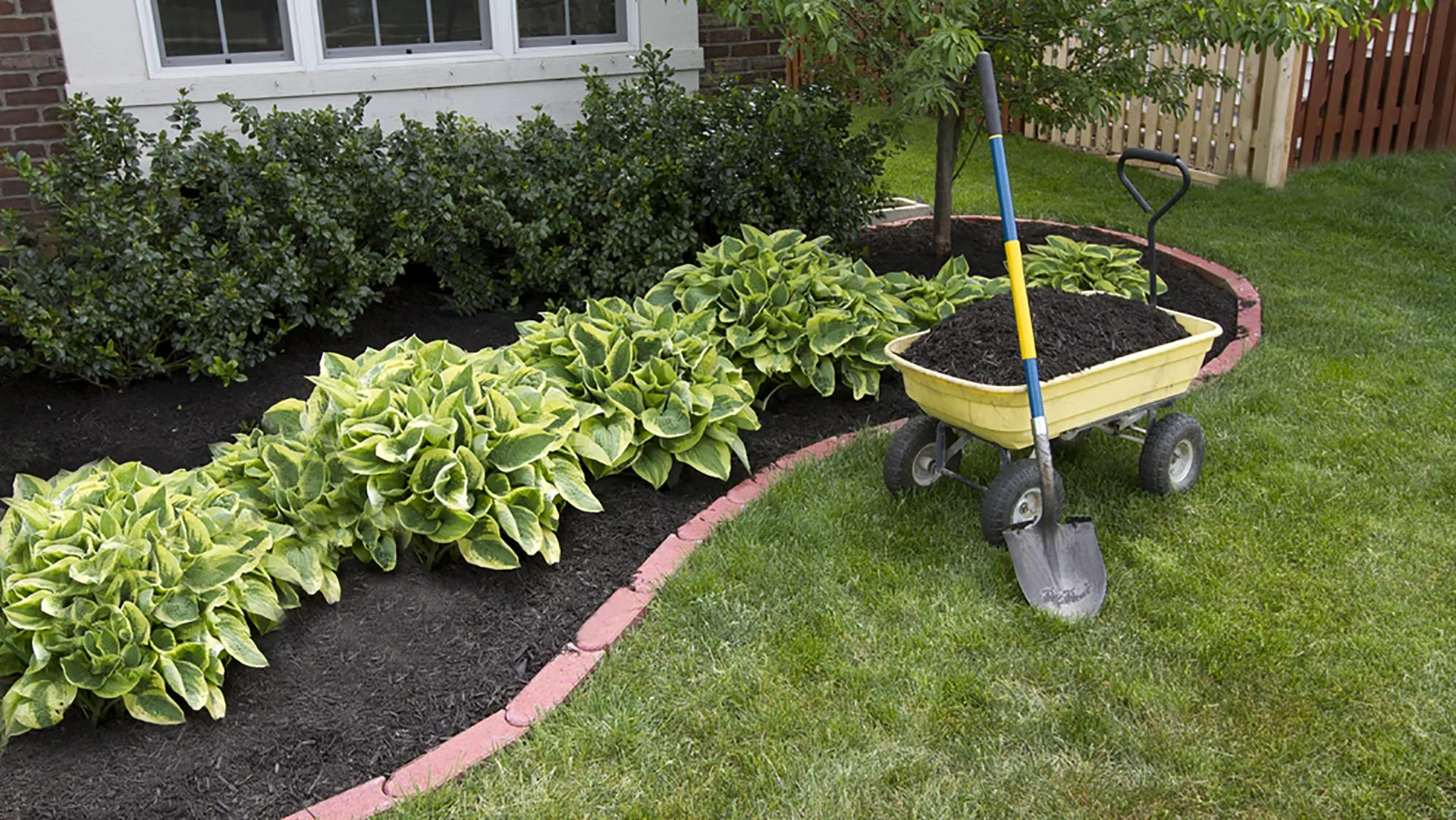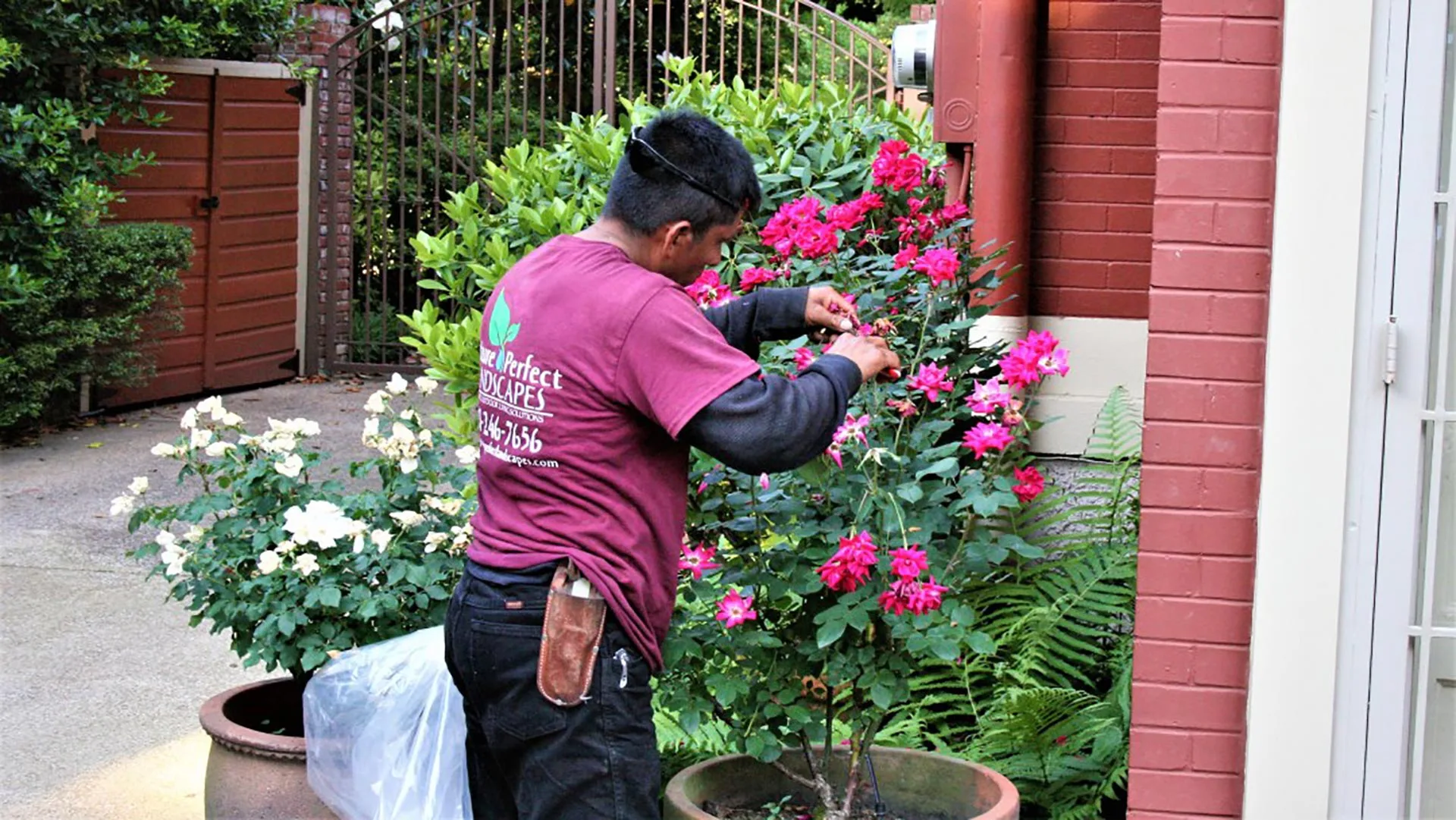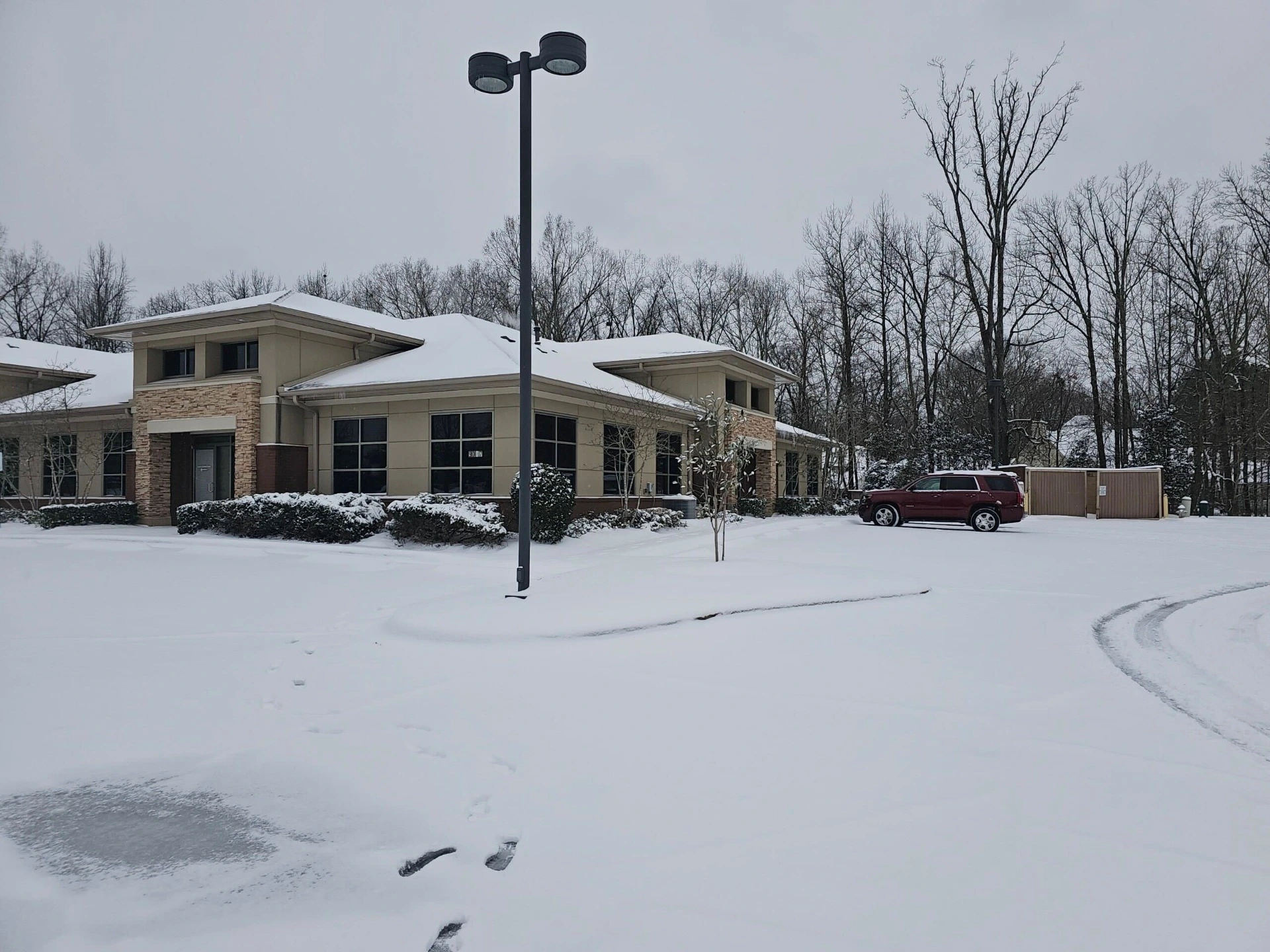Installing a drip irrigation system in your garden or landscape beds is smart for several reasons. First, it's great for conserving water in general because of the targeted way in which the drip irrigation system works. Water is only released in specific areas near the roots of plants, which avoids the overwatering that can happen with a sprinkler system. Drip irrigation also helps avoid cultivating plant diseases and weeds because of how the amount of water and location of the watering is controlled. You should consider installing a drip irrigation system on your property in Tennessee so your landscape beds can reap these benefits!
Drip irrigation systems provide targeted, efficient watering for your landscape beds.

If you want to keep the plants in your landscape beds hydrated, drip irrigation is the way to go. Drip irrigation works by delivering water directly to the roots of your plants through a network of tubing that runs throughout your landscape beds. Because it waters from the bottom up, drip irrigation provides targeted hydration and ensures that every part of your plants receives just enough water while preventing overwatering. This slow, consistent drip of water reduces the chance of runoff, evaporation, and oversaturation of the soil, which can lead to water waste, erosion, and root damage.
Drip irrigation systems are less likely to create conducive conditions for plant diseases.
Another benefit of using a drip irrigation system for your landscape beds is that they are less likely to create conducive conditions for plant diseases when compared to sprinkler systems. That's because sprinklers can spray water on top of foliage, which can create an ideal environment for fungal diseases to develop. When this happens, the health of your plants can suffer. Meanwhile, since drip irrigation applies water directly to the roots of your plants, there won't be any excess moisture on their stems and leaves, reducing the chances of causing diseases.
Drip irrigation is less likely to water weed seeds when compared to sprinkler systems.

Weeds can pose various problems for your plants, such as stealing vital nutrients from them. To discourage weeds from growing in your landscape beds, it's best to use drip irrigation. This type of irrigation system does not spray water all across your lawn, reducing the chances that water will reach weed seeds and help them grow. On the other hand, sprinkler systems rely on spraying water, meaning they can also supply those pesky weeds with water, encouraging them to grow faster. As a result, your plants may have to compete with weeds for nutrients, weakening their defenses against stressors like diseases and insects. By setting up a drip irrigation system in your landscape beds, you can rest assured that they receive exactly what they need without inadvertently giving weed seeds another source of hydration.
Drip tape is often used in drip irrigation and comes in different widths to accommodate the specific needs of plants in your landscape beds.
Schedule our irrigation installation service to have a drip system installed in your landscape beds!
The last thing you want is to worry about whether the plants in your landscape beds are adequately hydrated or not. Fortunately, we offer professional irrigation services to help you achieve that! At Picture Perfect Landscapes, we can install a drip irrigation system in your landscape beds that will deliver water right where it needs to go so your plants get optimal benefits.
We also offer irrigation repair and maintenance services to ensure your system operates at peak efficiency. We proudly serve commercial and residential properties, as well as HOAs, in Memphis, TN, and surrounding areas like Midtown Memphis and East Memphis. Give us a call today at (901) 246-7656 to sign up for our irrigation installation service or any of our other irrigation services!







Comments (0)
Thanks for your comment!
Thanks for your feedback! Your comments have been successfully submitted! Please note, all comments require admin approval prior to display.
Error submitting comment!
There is a problem with your comment, please see below and try again.